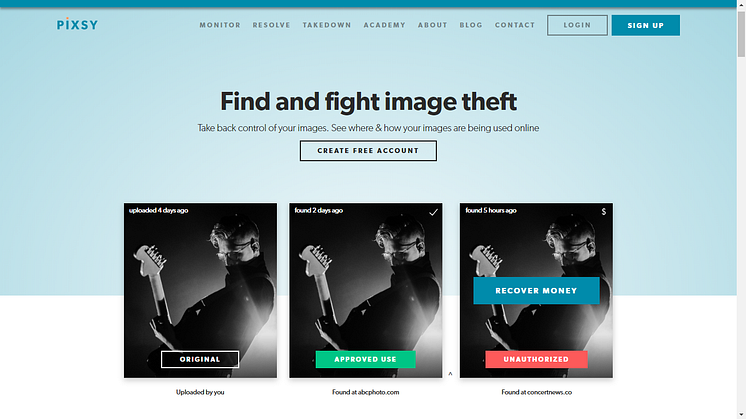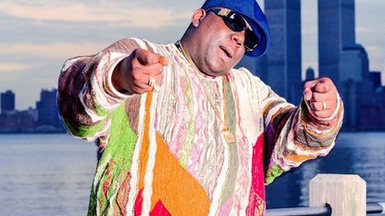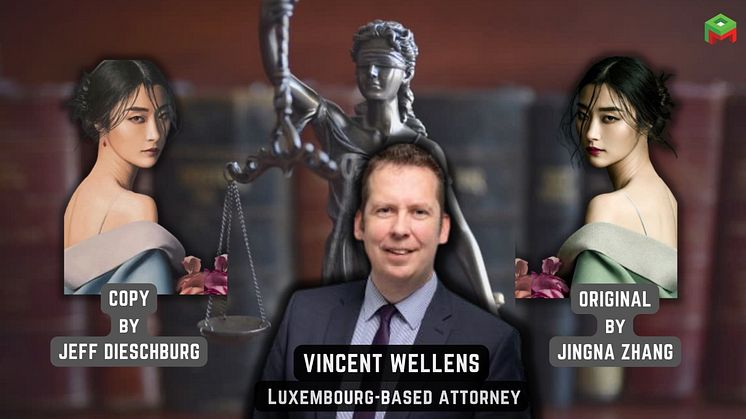
News -
Flickr works with Pixsy to get you paid for stolen photos
Photo hosting service Flickr has announced a new partnership with the image monitoring and legal-tech service Pixsy to help Flickr users get paid when their photos are stolen.
Flickr members, who are usually professional photographers, will be able to have their uploaded photos automatically integrated with Pixsy’s monitoring platform, which scans the Internet for unauthorized usage of the photographers' work.
Pixsy also gives its members tools to handle copyright and infringement, such as registering photos with the US Copyright office, sending automated DMCA takedown notices, and a case resolution service for recovering lost licensing revenue and damages from those who infringe.
Flickr users who pay for the Pro service can have up to 1,000 images monitored for free. They are also able to send 10 legally binding takedown notices and unlimited case submissions for further legal action. These cases are based on a no win, no fee basis.
But if the photographer wins Pixsy will take 50% of the settlement.
According to Pixsy, 85% of images uploaded online are used without proper permissions. The company claims to have 36,000 users and currently monitors over 38 million images, and has handled over 70,000 copyright infringement cases.
A report from rival image copyright enforcement service Copytrack found 2.5 billion unlicensed images shared each day during 2018. The company extrapolates this data by statistically analysing data from 12,000 of its own users.
Based on its analysis, Copytrack estimates that with the amount of stolen images, potential daily damages are up 532.5 billion euros. Due to the massive number of images used daily, the company found that most photographers and agencies were unaware of many instances of image infringement.
There are professional photographers who have written about the effectiveness of Pixsy in helping them get paid, but there are detractors who see the platform and its lawyers as one big copyright troll.
Pixsy is helping photographer Sean Heavey sue Netflix. Heavey alleges Netflix used Heavey's photo of a storm cell to build a cinematic storm in the hit show, "Stranger Things". Heavey, who tracked the storm for hours and combined four panoramic shots to capture the cells, said he spotted his work in a "behind-the-scenes" episode which showed his photograph. Heavey first complained about the alleged copyright infringement in May 2018, and filed a lawsuit in September 2018. The lawsuit is ongoing.
Related links
- Tired of Images Being Stolen Online? So is Flickr
- Flickr Teams Up with Pixsy to Get You Paid When Photos Are Stolen
- I JUST MADE $2500 FROM A SINGLE COPYRIGHT INFRINGEMENT – AND YOU CAN TOO
- PSA: Don't panic if you hear from Pixsy
- Pixsy Letter (photographer has history of suing)
- The $575 Mistake: When Your Hobby Puts You In The Red
- Photographer: ‘Stranger Things’ Used My Storm Cloud Without Permission
- Photographer Sues Netflix for Using His Storm Photo for ‘Stranger Things’



